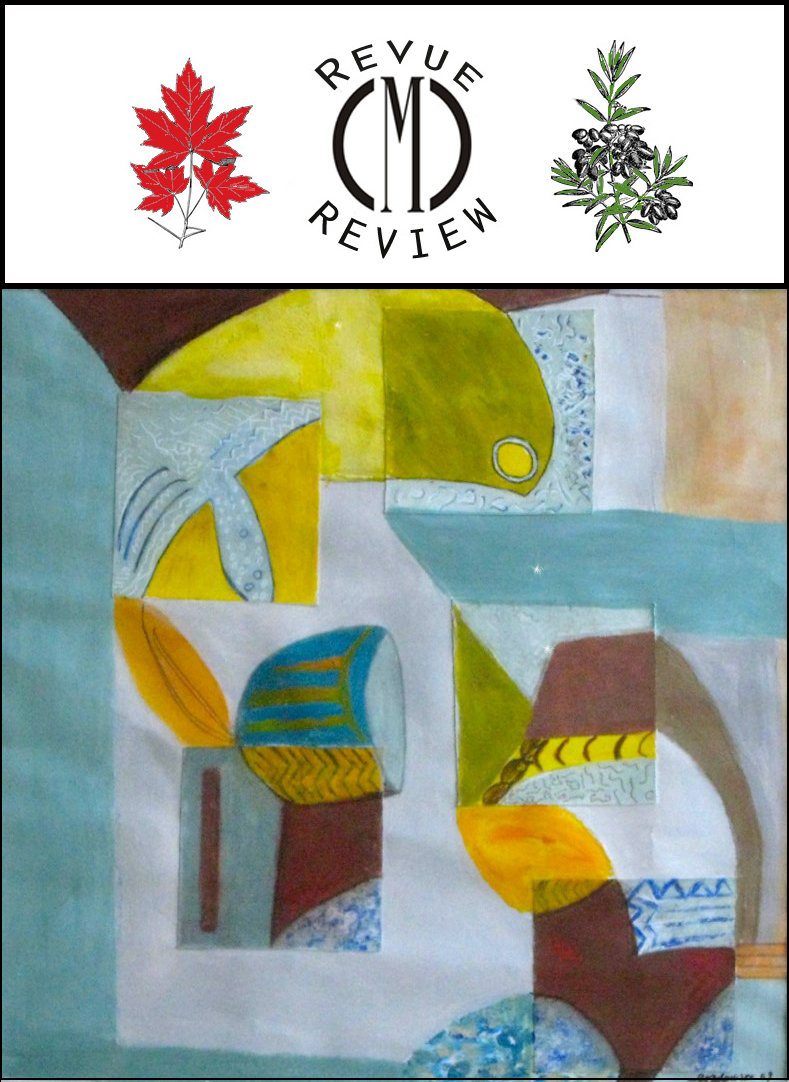Swimming Upstream : Hédi Bouraoui’s <em>En Amont de l'intuition</em>
Résumé
Hédi Bouraoui’s recent collection, En Amont de l’Intuition (Toronto: CMC Éditions, 2013), is a pithy, pungent, short group of poems suggested by the notion of “Intuition” and “Intuitist” poetics. A bilingual collection (French/ Italian) with Italian translations by Mario Selvaggio and illustrations by a number of contemporary artists, the poems were originally published in Au-delà de l’instant: Anthologie des poètes intuitistes, edited by Giovanni Dotoli, Mario Selvaggio, and Éric Sivry (Fasano, Italy: Schena Editore, 2012). Bouraoui’s take on the subject of “Intuition” is critical, and often ironic. “Intuition”is a free-floating, amorphous source of poetry which, by definition, is impossible to define. Without sticking pins in the butterfly, Bouraoui’s project is to delimit the parameters of the impulse to poetry. His title itself ironizes that of the Dotoli-Selvaggio-Sivry text (Äu-delà de l’instant…) into En Amont de l’Intuition, which means above intuition, not “beyond,” but which also implies swimming upstream, like the salmon, or struggling against the tide.
Téléchargements
Publié-e
Comment citer
Numéro
Rubrique
Licence
1. Policy for Journals That Offer Open Access
Authors who publish with this journal agree to the following terms:
- Authors retain copyright and grant the journal right of first publication with the work simultaneously licensed under a Creative Commons Attribution License that allows others to share the work with an acknowledgement of the work's authorship and initial publication in this journal.
- Authors are able to enter into separate, additional contractual arrangements for the non-exclusive distribution of the journal's published version of the work (e.g., post it to an institutional repository or publish it in a book), with an acknowledgement of its initial publication in this journal.
- Authors are permitted and encouraged to post their work online (e.g., in institutional repositories or on their website) prior to and during the submission process, as it can lead to productive exchanges, as well as earlier and greater citation of published work (See The Effect of Open Access).


